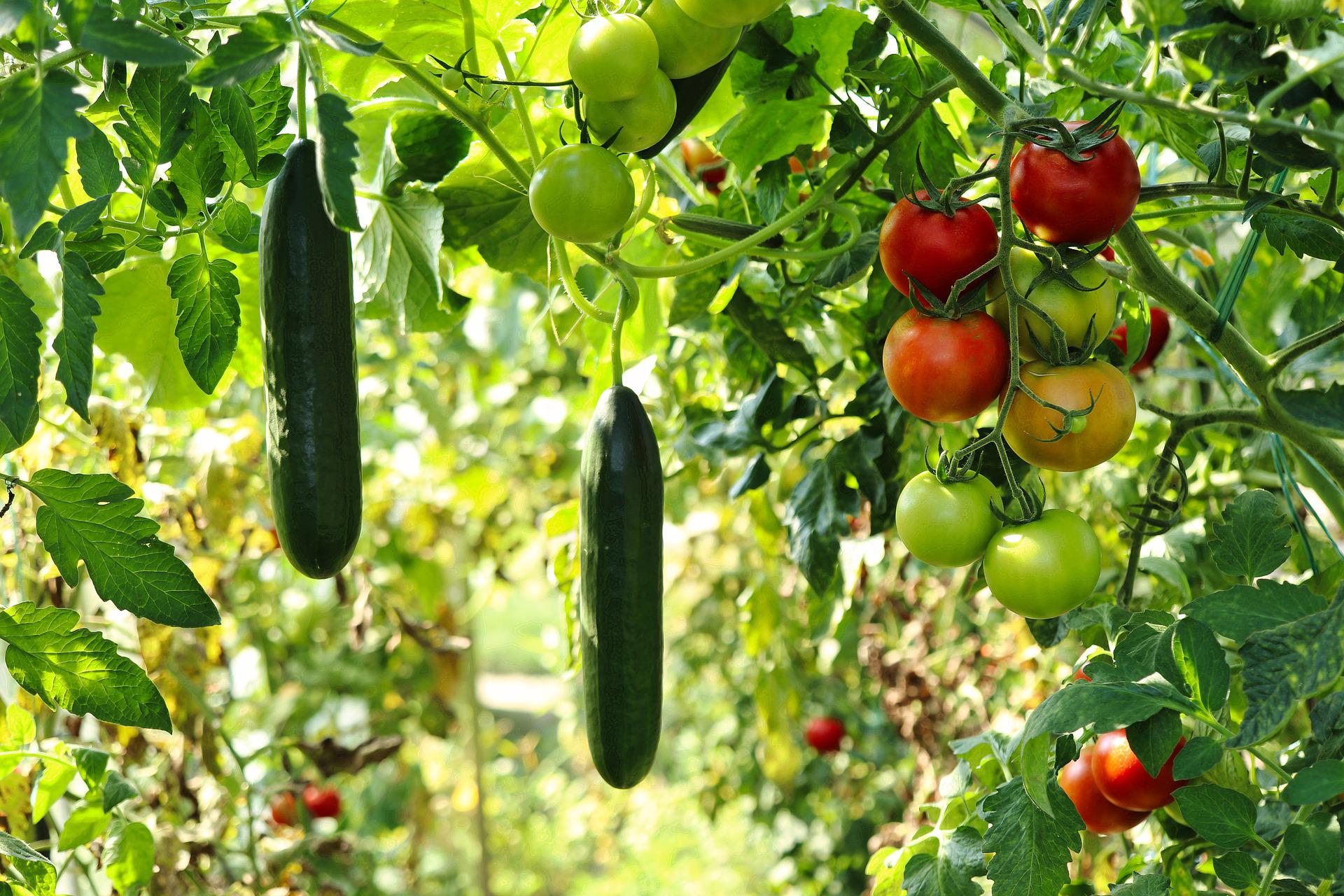
The summer days have been long and hot, but incredibly worth the labor. Your garden has provided you with an ample bounty of tomatoes, squash, cucumbers and a plethora of other summer gardening delights. At the end of the summer growing season, we are left with tired, depleted soils. And of course, weak soils produce poor crop yields.
What can be done to replenish the soil and make up for its nutrient losses?
How can you ensure a high crop yield for the next growing season?
As summer plants wind down and we transition to fall, we begin to turn our attention to the next phase: winter preparation. During this stage of garden life, we remove all of the old vines, plant matter and debris that have gathered during the summer. Autumn leaves soon start to pile up, and our gardens become cluttered. Throughout this period, the average gardener focuses on tidiness but often makes one mistake: failure to feed the soil! The result is soil nutrient depletion.
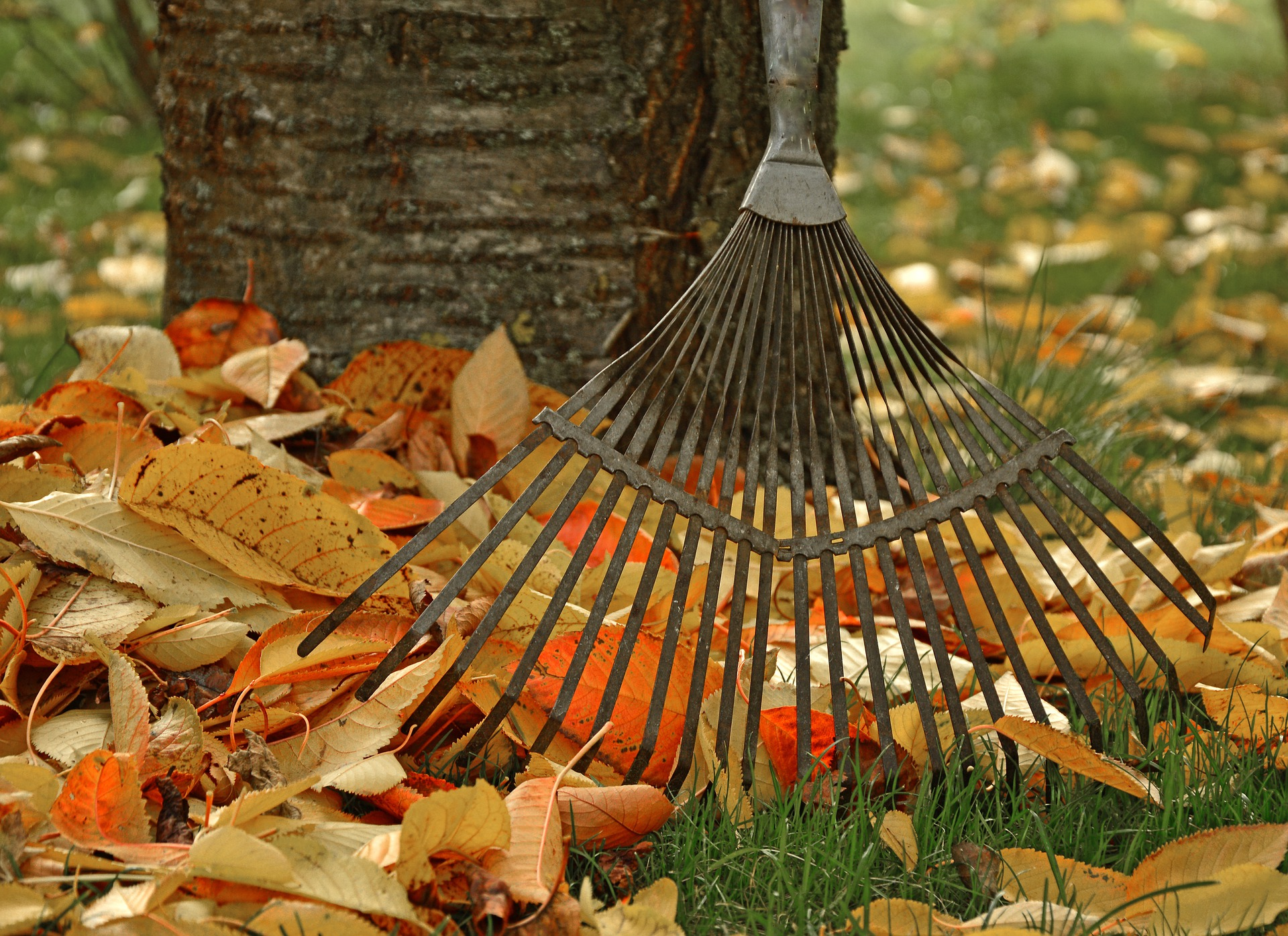
Natural vs. Human-Induced Nutrient Depletion
While the soil nutrient losses discussed thus far are natural processes, soil nutrient depletion refers to all soil nutrient losses through both natural and human-induced processes.
As defined in the Journal of Sustainable Agriculture, the causes of human-induced nutrient depletion include over-cultivation, insufficient inputs of replacement nutrients, accelerated soil erosion caused by inappropriate land uses and poor soil management practices and unbalanced fertilization.
Soil Degradation and Soil Erosion
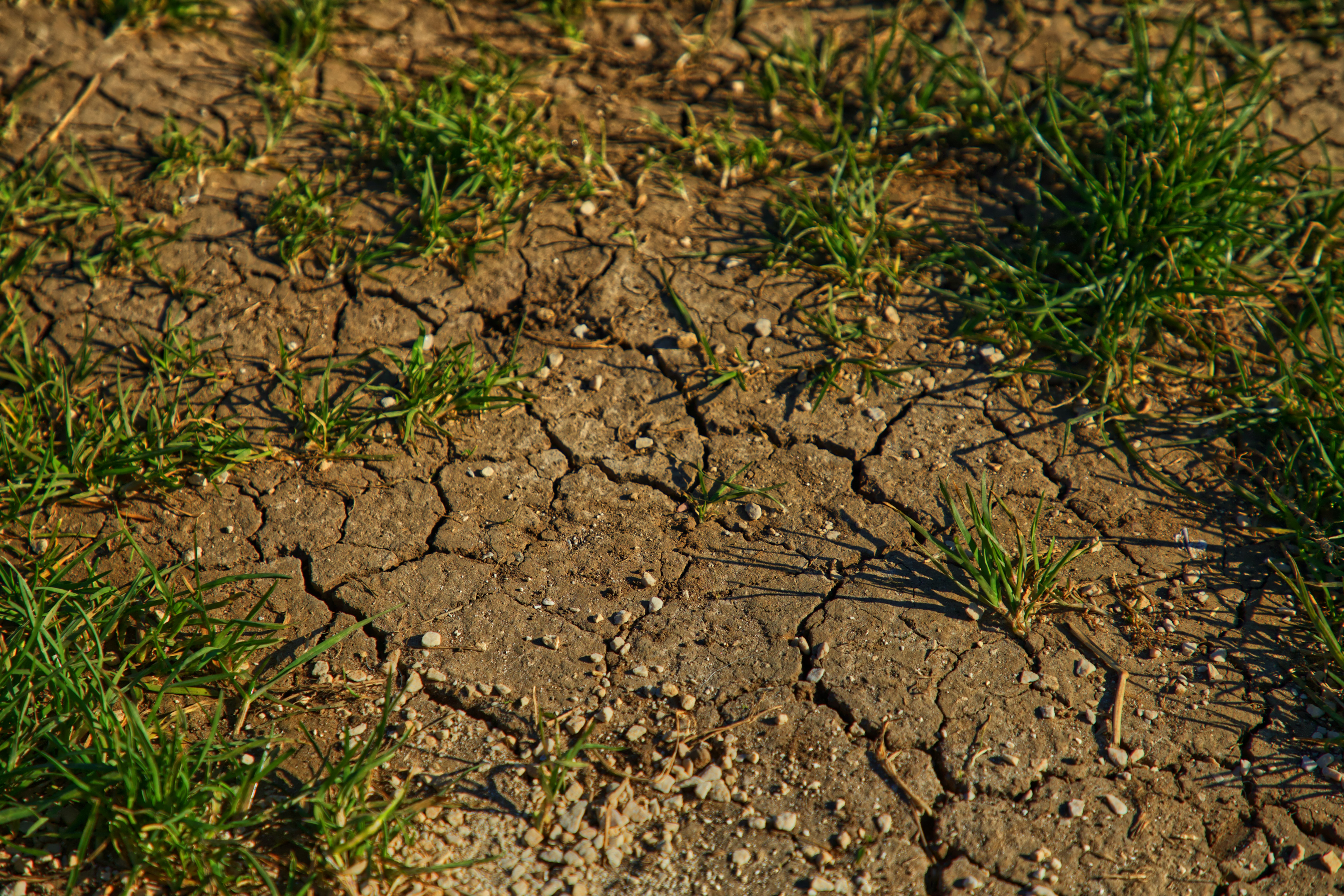
Soil erosion is part of soil degradation. When nutrients essential to plant growth are lost, arable land is lost as well, and fertile ground becomes an area where no growth can occur.
While maintenance of soil health through erosion control can help prevent the loss of fertile agricultural lands, erosion control isn't enough, according to the U.S. Department of Agriculture (USDA) Natural Resources Conservation Service (NRCS). NRCS states, "The most practical way to enhance soil health today is to promote better management of soil organic matter..."
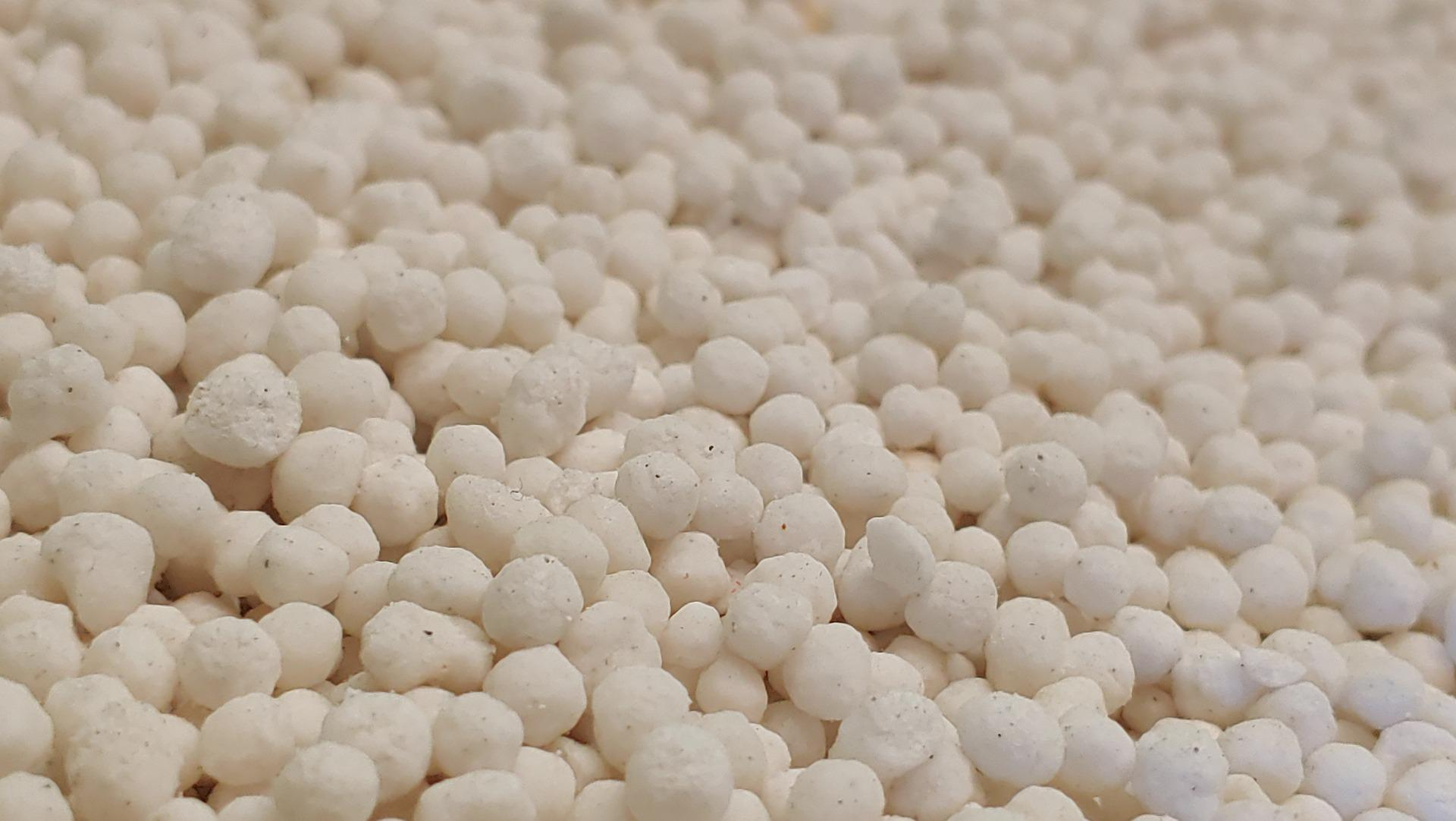
With tired, depleted soils left at the end of the summer growing season, some growers may be tempted to heap generous amounts of synthetic fertilizers on their soil and think, "Voila! Problem solved." But in many cases, adding an unstable and temporary fix such as chemical fertilizers results in weaker soils that are higher in salinity and full of excessive and imbalanced nutrients.
These imbalances cause an onslaught of harmful nematodes and other undesirable issues. The result is a perfect storm of pestilence and disease for next year's crops.
Some agricultural practices focus replenishment efforts solely on the macronutrients of nitrogen (N), phosphorus (P) and potassium (K). On fertilizer packaging, NPK is represented by three numbers, typically separated by dashes. These numbers stand for the percentage of each macronutrient present in the fertilizer. While these macronutrients are essential, they are vastly over-emphasized and simplified.
Soil fertility is complex, and deficiencies may be difficult to determine. Heavily fertilized soils may be temporarily rich in NPK, but destitute in microorganisms and trace minerals. This mishap creates an improper balance and an even worse case of soil nutrient depletion.
How to Replenish Soil Nutrients
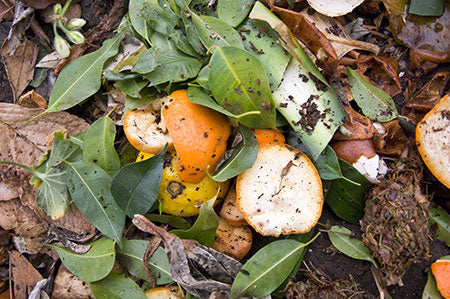
If nitrogen, phosphorus and potassium are important but not sufficient, then what's the missing soil nutrient? Carbon.
The best thing you can do for your future gardening efforts is to replenish the carbon and organic matter in your garden. Effective carbon management is critical for living microbes to survive and thrive.
Fortunately, nature provides us with a beautiful cycle just when we need it. Remember all of the grass clippings, weed piles and vegetable scraps? These items serve perfectly as compost and food for the soil.
Additionally, as the autumn leaves begin to descend upon the ground, we are provided with more organic matter to compost and incorporate, thus breaking the cycle of soil depletion. With this blessing, the soil microbes can leverage our organic inputs to transform the soil's elements into plant-ready food.
Feed the Soil
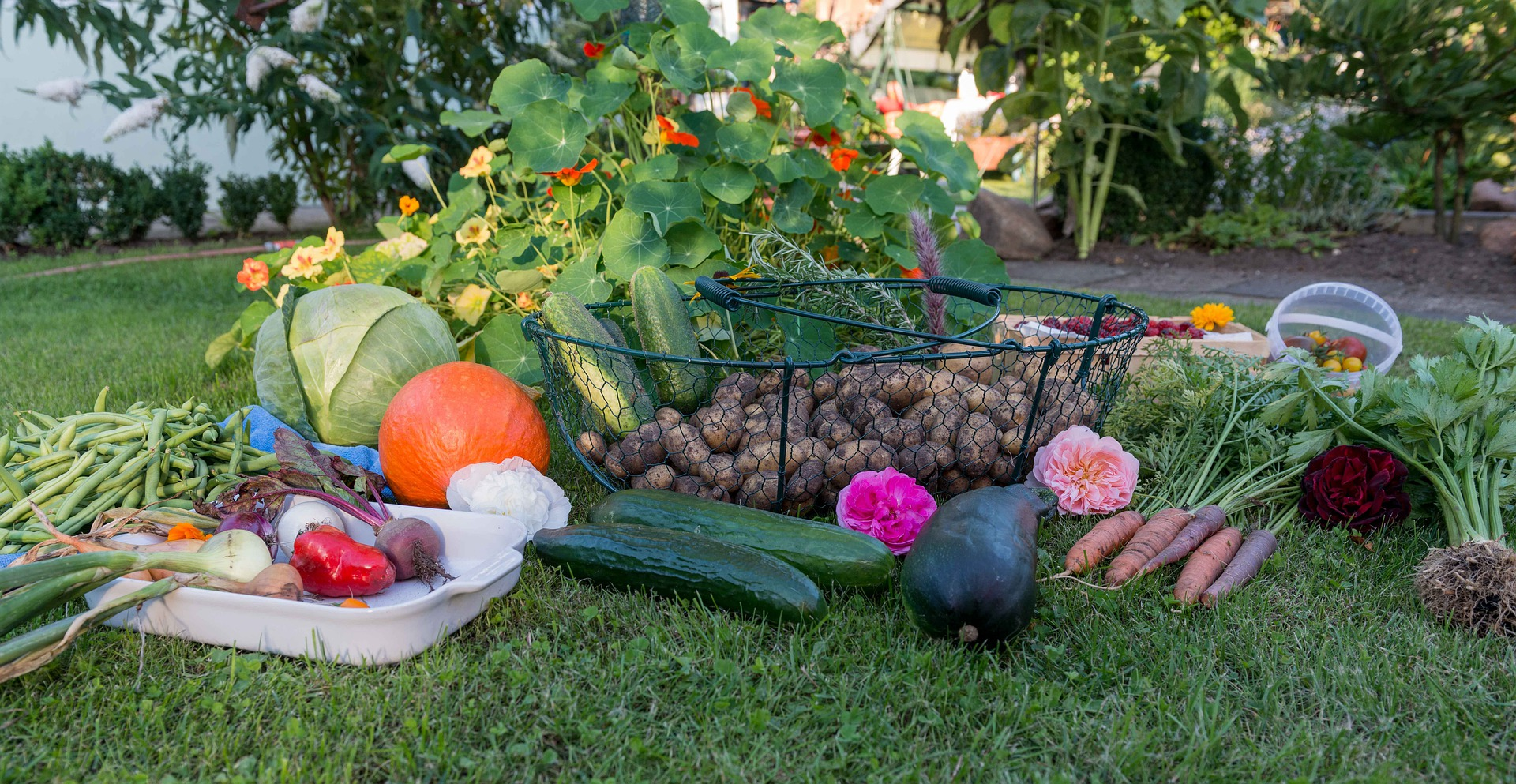
Feed the soil and further break the cycle of soil depletion with our natural microbial products, Ignition Compost Starter and Revival.
These organic, carbon-rich products replenish and rejuvenate tired soils with a wealth of the right microbiology at the right time. By feeding the soil with the nutrients it needs to thrive, you'll increase soil quality and see maximum restoration of soil nutrient depletion.
This fall, be sure to take advantage of all that nature provides to make your gardens vibrant and healthy. Happy growing!
What about global soil nutrient depletion?
While this blog is focused on soil nutrient depletion on a small scale, it's worth mentioning that this issue extends far beyond anyone's home garden. Global food security is absolutely threatened by global soil nutrient depletion. Soil nutrient deficits are being experienced worldwide. Like your garden or yard, this nutrient removal is due in large part to erosion and poor soil management practices. Global soil nutrient budgets will need to balance crop inputs and outputs in a way that increases soil health and improves soil structure, like adding crop residues and avoiding synthetic fertilizers.
Contact Us
To learn more about how our products can help replenish your soil this season, contact us at success@southlandorganics.com or 800-608-3755.






